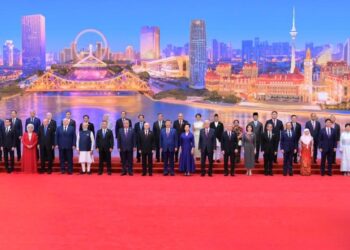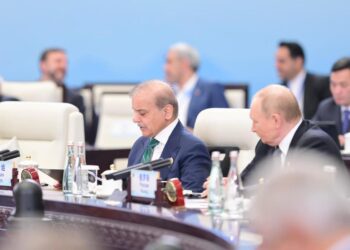Sarosh Mustafa
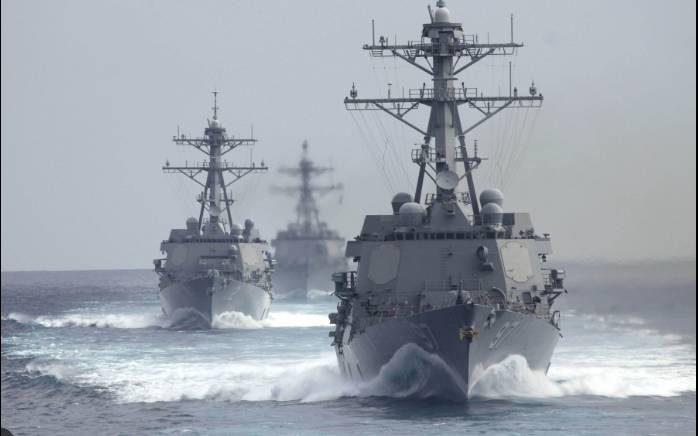
Washington/Caracas: The deployment of US warships to waters near Venezuela has ignited debate across the Americas. While Washington frames the move as a mission to disrupt narcotics cartels, critics argue it is a geopolitical maneuver aimed at projecting power and tightening pressure on President Nicolás Maduro’s embattled government.
Washington’s Justification
US officials maintain the naval operation is focused squarely on curbing transnational drug flows that funnel cocaine and other narcotics into American cities. The Pentagon insists Venezuela has become a major hub for trafficking networks, aided by corruption, porous borders, and the absence of formal cooperation with US agencies.
“This is about saving American lives and dismantling the infrastructure of cartels,” a senior defense official said, emphasizing that the mission is “not directed against the Venezuelan people.”
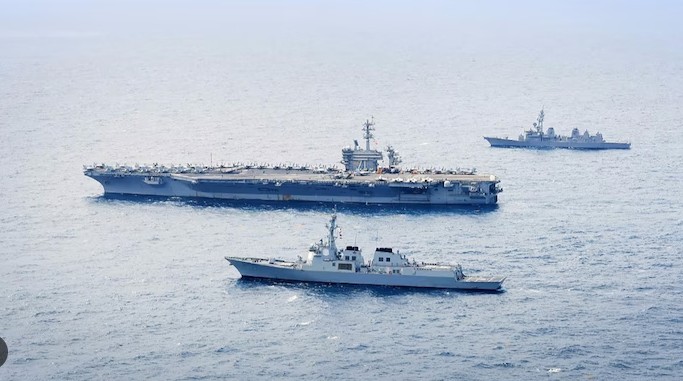
Maduro’s Response and Sovereignty Concerns
In Caracas, President Nicolás Maduro blasted the move as an “imperialist provocation,” portraying it as part of Washington’s broader strategy to destabilize his government. With Venezuela already crippled by sanctions, economic collapse, and political isolation, Maduro warned the US presence was less about narcotics and more about power projection.
Regional and Global Ripples
The naval buildup has divided Latin America.
- Support: Colombia and a handful of US allies see the operation as a chance to weaken cartels destabilizing their borders.
- Opposition: Mexico, Bolivia, and several Caribbean nations warn that militarizing the Caribbean risks repeating Cold War–era mistakes.
Globally, reactions have been sharp. Russia condemned the deployment as an attempt to “strangle Venezuela,” while China urged restraint and dialogue, framing the move as destabilizing for an already fragile region.
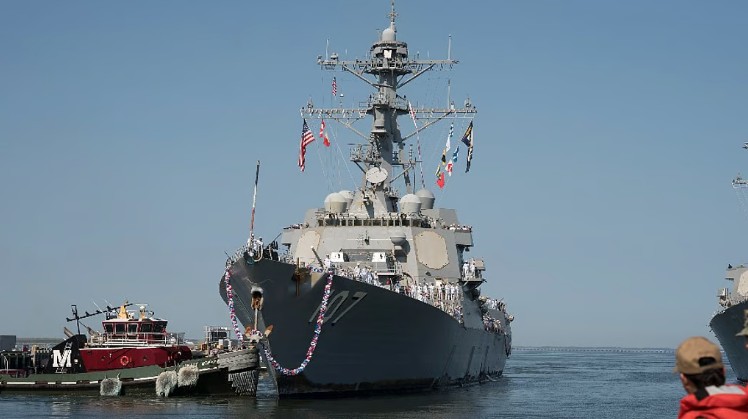
Beyond the Drug War
Analysts argue the operation cannot be viewed solely through the lens of narcotics interdiction. Venezuela’s vast oil reserves, its strategic location, and its partnerships with Russia, China, and Iran give Washington multiple reasons to assert influence. The naval buildup, they suggest, fits into a historical pattern: security justifications masking deeper economic and geopolitical motives.
The Road Ahead
Whether the mission remains a limited anti-narcotics operation or escalates into a confrontation with Caracas could shape the next phase of US–Latin American relations. For ordinary Venezuelans—already enduring poverty, repression, and a migration crisis—the sight of foreign warships offshore only adds to the uncertainty of what lies ahead.


